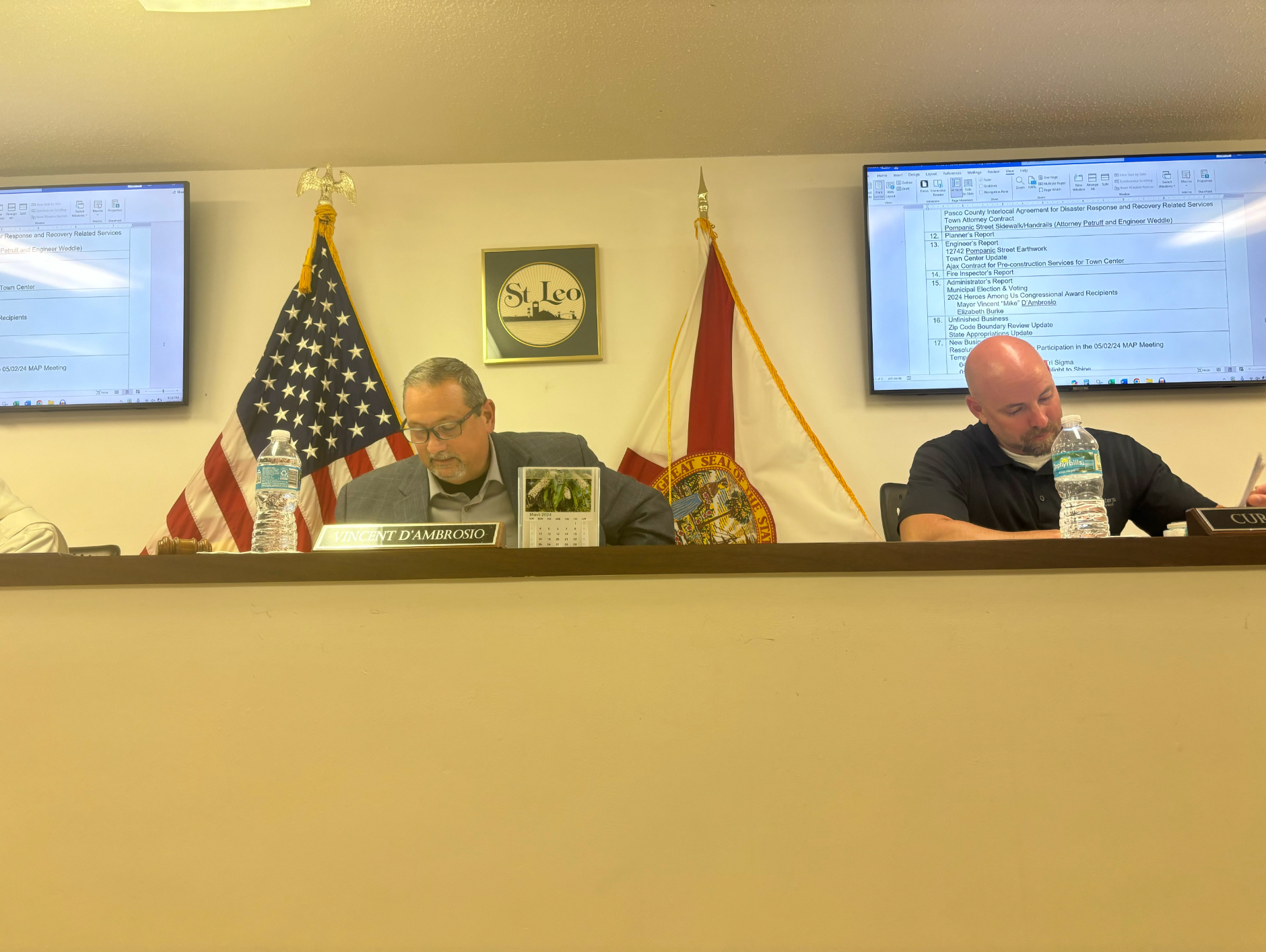
Sleeping is an extremely important part of the day for every human being, including university students. So why is it that many university students share the common problem of a lack of sleep? There are multiple reasons for this problem.
Sleep disruption is a common problem that is influenced by several differing factors. According to a study by Rahimian Boogar and Ghodrati Mirkouhi, the influences that cause a student to lose sleep can range from various physical, emotional, and social factors. A student’s studying habits can influence how well the student may sleep later in the day or even if the student gets to sleep. Some other examples of what could influence a person’s sleep are anxiety and stress levels, age, gender, education level, and one’s scholastic schedule, according to Boogar and Mirkouhi.
Some side-effects of sleep disruption are a decline in one’s immune system, changes in appetite, fatigue, a chance for increased psychological disorders, and potentially either academic or job performance disorders, maybe even both. The following are several tips a student can do to avoid these short and long-term side-effects and get a night’s sleep.
If you’re having trouble sleeping, one key component to a good night’s sleep is having a sleep pattern. According to Terry Dadez, the Director of Health Services on campus, this means, go to sleep at the same time every day and wake up at the same time every day; this includes weekends. This means to avoid studying late into the night and early morning past the usual time you fall asleep. This will help your body get into the habit of when to go to bed and when to be awake and alert. This will also make it easier to fall asleep quickly.
Pick up a book some time and turn off all electronics around the same time every night as well, preferably about an hour before bedtime. The reading will help relax the mind and turning off all of one’s electronics will eliminate any possible distractions during this period. Doing these things will help your body wind down before it’s time to sleep. If possible, remove all electronics from the room you’re sleeping in. Any noise or light could disrupt sleep. Light disrupts the natural circadian rhythm according to director Dadez.
Dadez explains that the Circadian Rhythm is the pattern of light and darkness. It is the pattern of the moon and sun and how your body knows when it is daytime or nighttime based on the position of the sun and moon. Artificial light within your room during sleep can affect your Circadian Rhythm, and cause your body to not get deep enough sleep leaving you restless throughout the day. This is due to the fact that the artificial light is confusing your body and mind into thinking the sun is still in the sky and it is still daytime when it is in fact nighttime.
Terry Dadez advises against using any chemicals to help induce sleep because it can become a force of habit, and over time, your body will get used to it and they will no longer work. Some sleep medications can even become addictive and students become dependent on the pills for sleep. This could become dangerous in the case of an emergency if you need to be given medications to sleep.
“You can’t take a pill to replace sleep,” said Terry Dadez.
Many times students will stay up all night studying, and Dadez said you don’t really retain the material that you have studied. The information you studied is typically only retained short-term, and a lot of the information will be quickly forgotten. This also forces students, especially medical students, to continuously study the same material over and over again to relearn, for a short time, the information. This defeats the entire purpose of studying in the first place. The best practice for studying is to learn the information little by little and get your required amounts of sleep so that your mind can retain the information the first time around.
If your sleeping habits have been disrupted for more than a couple weeks, you may have a sleeping disorder. Sleep disorders are the medical disorder of a student’s natural sleeping pattern and the type of sleep disorder can range from anything like insomnia to sleep talking. If you believe you may have a sleep disorder there are easy methods to verifying it or not, doctors could do a sleep study or a behavioral study. For these studies, doctors will study your sleeping patterns and learn from the results if you do have a sleep disorder and what kind it is. This will give more information on why you are not able to fall asleep or stay asleep, and the treatment will be better fit for you.
“Sleep is the best medicine for your body,” said Dadez.
According to Dadez, if you’re not feeling great get a little bit of extra sleep and drink water. Even if you only have time for a quick nap, the sleep pods in the Apartment 5 Relaxation Room are free of use and easily accessible. One of the reasons why sleep is the best medicine for your body is because it allows your body a time to rest and focus on healing whatever needs the attention.
Sleep deprivation is a serious thing for college students trying to earn good grades and find good, well-paying jobs after graduation. A study by Daniel Taylor, Karlyn Vatthauer, Adam Bramoweth, Camille Ruggero, and Brandy Roane, has linked sleep deprivation to lower GPA scores and fewer opportunities for graduating students to find well-paying jobs. So it is best to keep the tips mentioned earlier in mind to help keep GPAs up.




